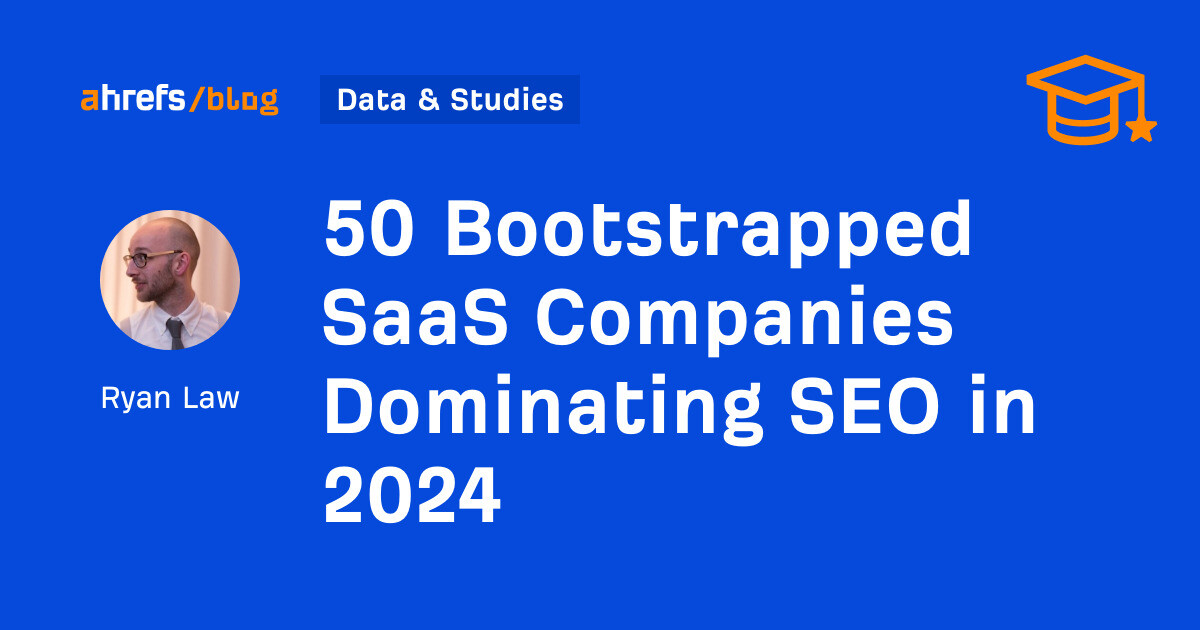Forty years ago, Arlie Russell Hochschild wrote about emotional labor. The work that frontline employees had to do (especially women) in managing and expressing emotions as part of their job. She talked about how exhausting it was for flight attendants to show up with a smile, even when they didn’t feel like it.
Emotional labor is the opposite of the industrial economy’s task-based, measured output. Even if we don’t dig ditches, the offer for a certain kind of work was: Process this pile of papers and we don’t care whether you like (or pretend to like) your job. The labor is the easily measured stuff.
But AI and mechanization have turned this sort of task work into a race to the bottom. If you don’t bring emotional labor to the task, it’s probable that you’re engaged in a race to the bottom. The piecework and easily measured ‘real’ skills are soon automated or outsourced or diminished in value.
Emotional labor has become a competitive advantage. Our commitment to showing up as a human, even (especially) when we don’t feel like it is precisely how we create value. And it’s this human work that helps us feel seen and valued as well.

.jpg#keepProtocol)

![How to Optimize for Google’s Featured Snippets [Updated for 2024]](https://moz.com/images/blog/Blog-OG-images/How-to-Optimize-for-Googles-Featured-Snippets-OG-Image.png?w=1200&h=630&q=82&auto=format&fit=crop&dm=1724004002&s=13df73104762982790dab6dc8328023f)


